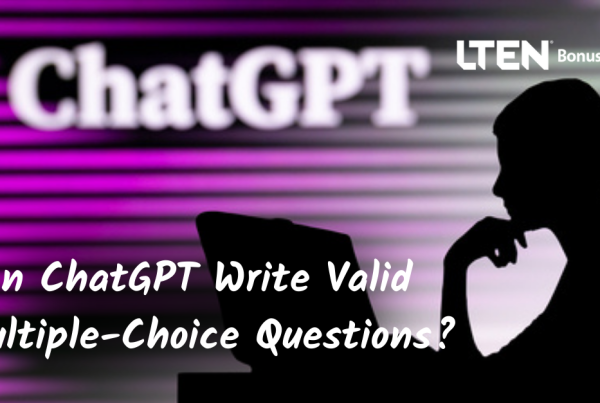
The launch of a highly anticipated product is an exciting time for both the brand and the partner agency. But it is also, of course, a highly pressurized time where schedules are often tight and, despite the best intentions, information sharing and decision-making can consequently be squeezed.
There are three key areas that are easily overlooked, but can have an enormous impact on the success of a launch.
Explain the team. This may seem like something that should be obvious, but the client ecosystem can be very confusing to agency teams who are eager to please, and often hired on a per-project basis. It is best not to assume that they can figure out the grants of authority and political landscape on their own! They will be of the most help to a brand if presented with a clear sense of the following:
• The lead decision-maker for training.
• Other contributors for training, and how their input factors in.
• The keeper of the budget.
• The executive(s) who can supersede the decisions of any of the above.
• The functional leads from other departments who will also give us direction (ie meeting planning)
• The leads from other contributing agencies and a clear sense of their scope
While these questions are typically asked by the agency at a kick-off, we find that brands often don’t yet know. To get a step ahead of the game, align on the team structure and grants of authority before the formal kick-off.
It’s also important to ensure the decision-making and direction-giving process is as streamlined as possible. If there is a theme that is more common than any other in program debriefs, it is the ripple effect of too many stakeholders giving too much conflicting direction. This trend can burn agency fee unnecessarily and create undue stress and confusion.
Partner to guide the process. Agencies have a wealth of experience in developing launches – use that expertise. Here’s some key best practices to set the launch up for success and to ensure agency dollars hours are spent in the most productive way:
• Let the agency guide in the steps and timeframe needed to develop the best quality training content. We find that clients, under pressure for results, often want to rush or skip the design document process. This can be like building a house with an architect, but without letting him or her draw a blueprint. It’s always worth taking the time to plan rigorously.
• Keep drafts and approvals minimized. A key way to achieve this is to avoid starting the workshop writing process too early in the process. While agencies DO want enough time to thoughtfully develop the design document that reflects the learning objectives, competencies and selling methodologies, the workshops themselves link heavily to the label and the brand messages. A single change in message can cascade across multiple workshops, which can quickly translate to new drafts of leader guides, participant guides, broadcast scripts, slide decks, hand-outs, activity props, and certification forms that all need a new round of reviews.
• Define the review process. Across all elements, work with the agency at the beginning to define a review process that consolidates feedback on the client side before sending to the agency side. This way, you can ensure that you are aware of (and able to resolve) any conflicting feedback before agency hours are spent making adjustments.
Make the most of your relationship. Once there is a clear sense of the client ecosystem, and guide to process, the agency will have a running start in Securing that successful launch.
But there will always be curved balls, unexpected or late-arriving label changes being one of the biggest culprits, and agencies and clients will need to work overtime and often beyond scope to keep on track.
In an ideal world, you would stop work to calculate the cost, gain approval, loop in purchasing, and only then resume the work. In truth, these efforts often happen in parallel based on pressures to maximize the time needed to re-route things into regulatory reviews. This is a precarious moment for both client and agency but the one thing that can seriously ease these pressures is a close-knit client / agency relationship that is built on trust. Communication is the single best foundation for a great launch – pick up that phone!
Melinda Lindland is senior vice president and director of new business, U.S., for Jack Morton Worldwide. Email her at Melinda_Lindland@jackmorton.com.








